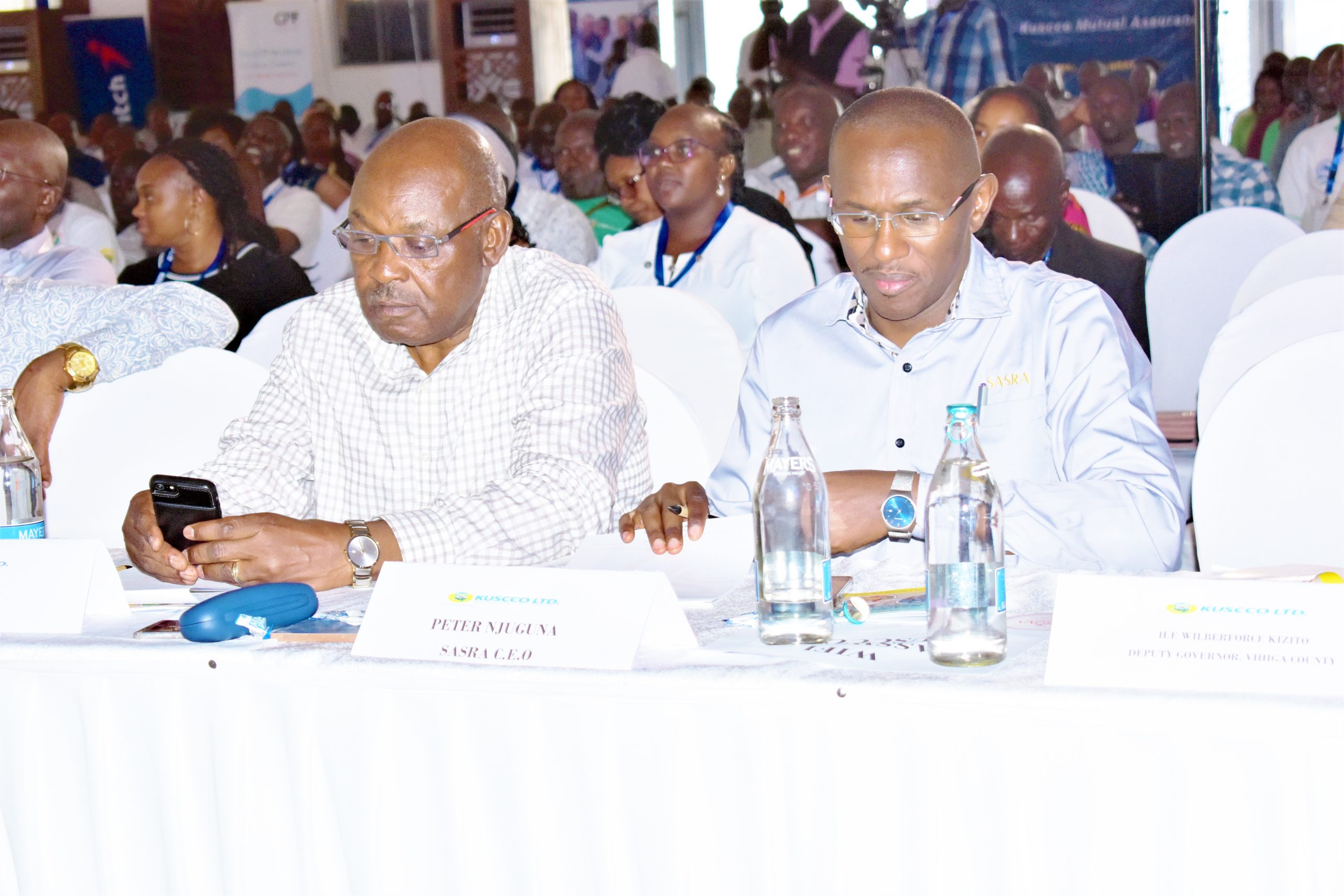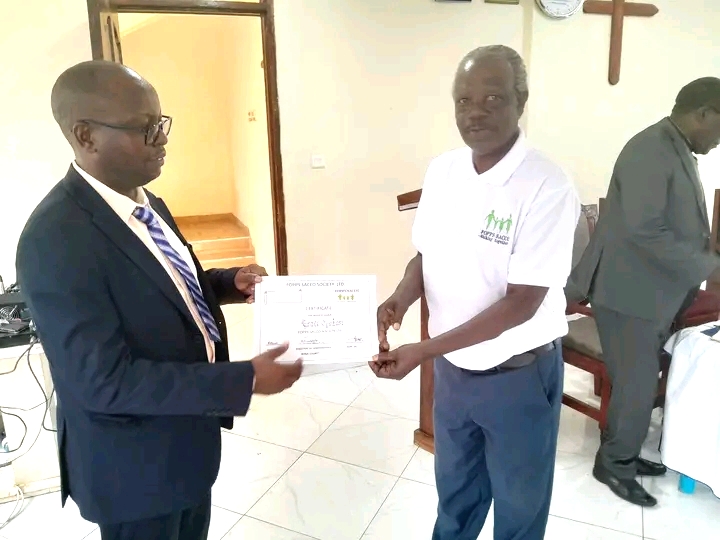Sacco Societies Regulatory Authority (SASRA), the country’s Sacco regulator, has revised its corporate governance guidelines to include non-withdrawable deposit-taking (NWDT) Saccos, which are now fully under its supervision.
The new guidelines, a review of the 2015 document, were made public by SASRA on July 3, 2023. It has expanded its scope to include the corporate governance frameworks for Saccos undertaking specified non-withdrawable deposit taking business, as well as regulated Sacco subsidiaries and related entities.
According to the Authority’s Chief Executive Officer (CEO) Peter Njuguna, the revised guidelines shall improve the effectiveness and efficiency in the management and operations of regulated Saccos while promoting transparency and accountability, thereby empowering members and holding its officers accountable.
NWDT Saccos were brought under the regulation of SASRA after the Sacco Societies (Specified Non-Deposit Taking Business) Regulations, 2020, were published on May 5, 2020; coming into effect from January 1, 2021 and requiring all Saccos undertaking Back Office Service Activities (BOSA) to comply with the regulations before June 30, 2021.
This category of Saccos collects deposits that are only withdrawable upon exit of a member, and not at any other time, like their deposit-taking counterparts who receive demand deposits like banks.
In the revised guidelines, non-withdrawable deposit-taking Saccos will now be required to comply with SASRA’s corporate governance reporting mechanisms, which include adoption of corporate governance reporting frameworks that communicate the Sacco corporate governance standards, policies and practices. They also must provide a true overview of its business model and operations, structure, and performance.
The NWDT Saccos will also be required to comply with the cooperative principles, values and ethical beliefs, applicable laws, and prescribed financial indices.
They at the same time have to show the regularity and frequency of the board and committee meetings, succession plans, and nature of the society’s business and future prospects, which should at the minimum include growth, sustainability, innovation, and future outlook.
Other information include the composition of the Board of Directors and Supervisory Committee, compensation programmes, meetings and trainings attended, and the performance and evaluation of each individual member.
The nitty-gritty of the matter is that NWDT-Saccos will be mandated to pay the Board of Directors and supervisory committees through their accounts instead of cash since the compensation policy requires all their payments to be made through designated bank accounts or cheques drawn in their favour.
For Saccos undertaking deposit-taking (DT) business, payments of all compensations shall be through Front Office Service Activities (FOSA) accounts held at the Sacco.
As DT Saccos will be mandatorily required to constitute statutory committees as may be defined in their by-laws, NWDT Saccos will be required to only constitute committees of the board consisting of a credit committee and any other two committees.
DT-Saccos shall further be required to constitute an Audit and Risk Committee consisting of elected members of their Board of Directors, or may at their discretion delegate the functions of the committee to the supervisory committee.
In the revised guidelines, the supervisory committee of a NWDT-Sacco will be the Audit and Risk Committee, which reports to the Board of Directors.
Non-Deposit-Taking Saccos being targeted are estimated at about 3,626 as at December 31, 2019. They comprise of a membership of about 1.5 million, with Ksh188 billion in assets and deposits of Ksh140.54 billion.
By our reporter
Get more stories from our website: Sacco Review. For comments and clarifications, write to :Saccoreview@shrendpublishers.co.ke
Kindly follow us via our social media pages on Facebook: Sacco Review Newspaper for timely update


